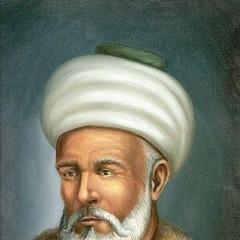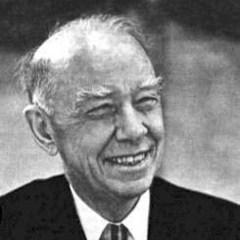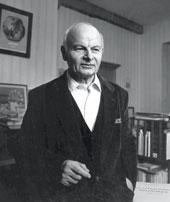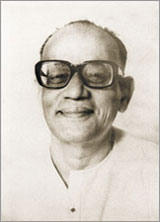Joseph Butler Quotes - Page 2
Joseph Butler, Stephen L. Darwall (1983). “Five Sermons, Preached at the Rolls Chapel and A Dissertation Upon the Nature of Virtue”, p.25, Hackett Publishing
Joseph Butler (1856). “The analogy of religion, natural and revealed, to the constitution and course of nature: to which are added, two brief dissertations : On personal identity, and On the nature of virtue; and fifteen sermons”, p.404
Joseph Butler (1860). “The Analogy of Religion, to the Constitution and Course of Nature: To which are Added Two Brief Dissertations : I. On Personal Identity : II. On the Nature of Virtue”, p.94
Joseph Butler, Stephen L. Darwall (1983). “Five Sermons, Preached at the Rolls Chapel and A Dissertation Upon the Nature of Virtue”, p.48, Hackett Publishing
Joseph Butler (1856). “The analogy of religion, natural and revealed, to the constitution and course of nature: to which are added, two brief dissertations : On personal identity, and On the nature of virtue; and fifteen sermons”, p.432
Joseph Butler (2012). “Human Nature and other Sermons”, p.30, Simon and Schuster
Joseph Butler (1856). “The Analogy of Religion, Natural and Revealed, to the Constitution and Course of Nature: To which are Added, Two Brief Dissertations: on Personal Identity, and on the Nature of Virtue; and Fifteen Sermons”, p.490
Joseph Butler, Stephen L. Darwall (1983). “Five Sermons, Preached at the Rolls Chapel and A Dissertation Upon the Nature of Virtue”, p.48, Hackett Publishing
Joseph Butler (1839). “The Whole Works of Joseph Butler ...”
Joseph Butler (2012). “Human Nature and other Sermons”, p.58, Simon and Schuster
Joseph Butler (2012). “Human Nature and other Sermons”, p.58, Simon and Schuster
Joseph Butler, Stephen L. Darwall (1983). “Five Sermons, Preached at the Rolls Chapel and A Dissertation Upon the Nature of Virtue”, p.49, Hackett Publishing
Joseph Butler (2012). “Human Nature and other Sermons”, p.26, Simon and Schuster







